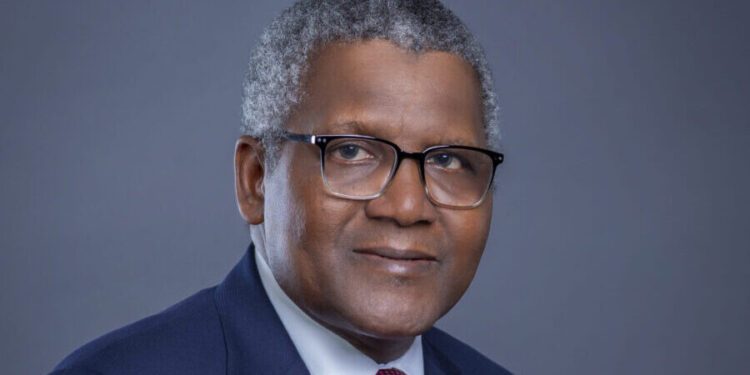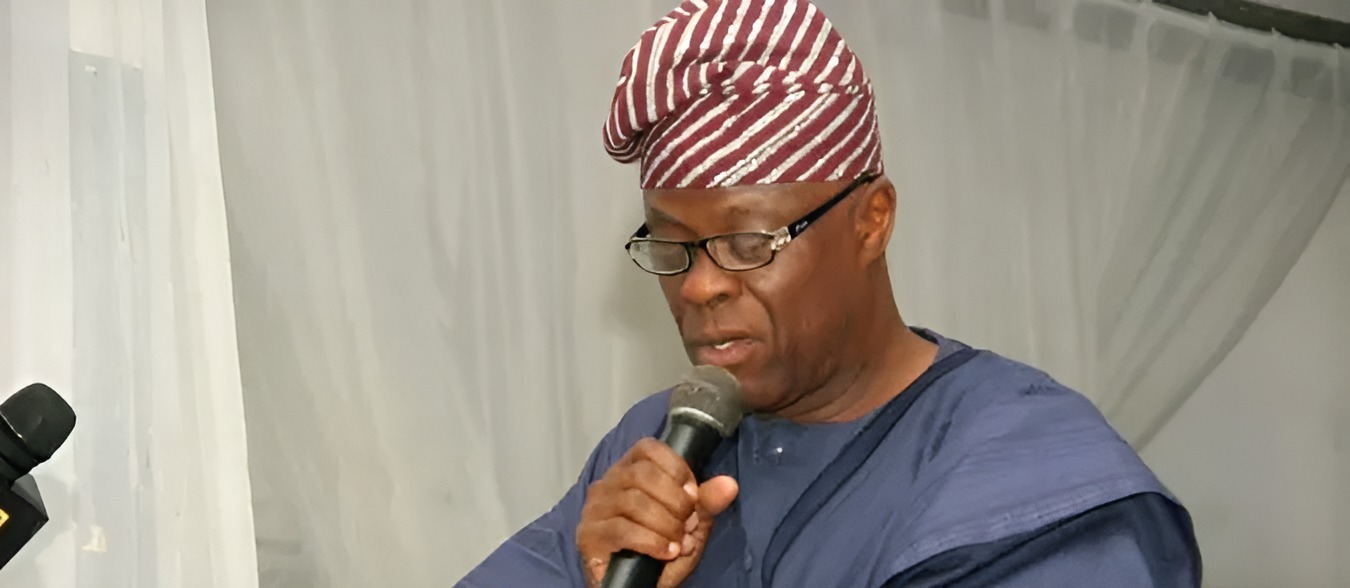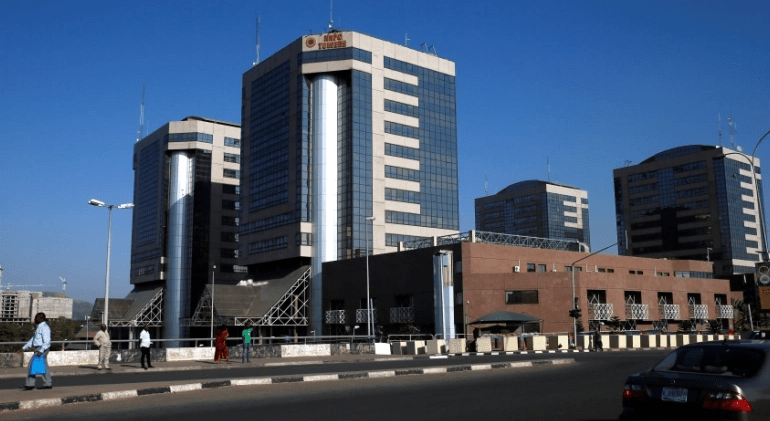*Patriots submit report on constitution review
*Call for adoption of 1963 constitution and 2014 constitutional conference
*Recommend state police, devolution of power
*Seek separation of Minister of Justice from attorney general
*Want independent candidature, defector should lose his office
Chuks Okocha in Abuja
A former Secretary General of the Commonwealth of Nations and Chairman of the Eminent Patriots of Nigeria, a group of elder statesmen seeking a review of the 1999 constitution, has called on Nigeria to adopt a full-scale restructuring of the country now or risk disintegration in future
He also called for adoption of State Police, saying over 614,937 persons have lost their lives due to insecurity in the last two years
Presenting a communique after a three-day seminar organised by the Patriots, Anyaoku said, ”the Patriots are very concerned about the state of affairs in our pluralistic country, Nigeria. Experience all over the world has shown that pluralistic countries that have survived as political entities are those that operate truly federal constitutions. Those pluralistic countries that failed to operate truly federal constitutions have largely disintegrated.
”If I may give just a few examples of these, those that didn’t operate pluralistic countries and disintegrated are countries like Yugoslavia and Czechoslovakia which broke up into seven independent states, and Czechoslovakia, but those that operated truly federal constitutions and survived like India and Canada.
”So the patriots have been concerned that the root cause of our current problems in Nigeria is the constitution that we operate. I don’t need to go through the challenges facing our country.
Speaking further, Anyaoku said, ”These are well known because the patriots, like every Nigerian, has been aware of the challenges of insecurity in the country, the challenge of mass poverty, of unemployment, and of the dwindling sense of national unity in the country. And a host of other challenges. And so the patriots, in collaboration with the Nigerian political summit group, decided to organise the summit that met here over the last two days.
”The first and foremost resolution is that Nigeria needs a new constitution. Nigeria needs to return to the truly federal constitution that began its independence journey.
”The present 1999 constitution is not such a constitution. It’s not suited to the needs of a pluralistic country like Nigeria. And the patrons, of course, discussed how to actualise the new constitution that they are advocating.
”They agreed that after the summit, these recommendations would be communicated to the presidency and the national summit, and that the president would be asked to set an executive bill to the national assembly.
”And the executive bill should decide to have the national assembly legislate for the creation of a constituent assembly, the appointment of a constituent assembly in which all parts of the country will be represented. And this constituent assembly would have as its primary task the formulation of the new constitution for the country.
”And after it has formulated the new constitution, it should be submitted to the people of Nigeria in a national referendum. And it’s the endorsement of the new constitution in a national referendum that will confer legitimacy to the new constitution as against the 1999 constitution, which lacks legitimacy because it was not drafted by the representatives of the people of the country, nor was it endorsed by the Nigerian people.
”And you will see in the communique that the summit party, from advocating return to the truly federal constitution reached a number of recommendations as to what should be in the new constitution.”
The former Commonwealth scribe said, ”New federating units to be agreed in the new constitution for the country. It would also touch on the legislature that we should have a less cost-effective legislature, because at the moment the legislature that we have is unsustainably expensive.
”It involves the expenditure of over 70 percent of the national revenue of recurring expenditure and the servicing of debt. So you will see in the communique that the summit recommended an inexpensive, or rather more cost-effective legislature with powers devolved to the federating units. You will also see what the summit recommended about the administration of justice in the country.
”At present, the structure we have leads to overburdening of the courts and the summit thinks that each federating unit should have a court hierarchy that leads to an appeal court where most issues can be communicated on leaving the federal supreme court to deal with serious constitutional issues and issues relating to the federating units and the federal government disagreements.
”Then you will also see that the summit thinks and recommended that the office as it exists now of the minister of justice and attorney general of the federation should be separate as is done in most countries. The attorney general should be an appointee on non-partisan basis as against the minister of justice who would be appointed on a party basis.
”Again you will see that the summit recommended a reform of our electoral system. We in the summit think that elections, all elections should be held on the same day in one day because the current practice of staggered elections is very expensive and also prone to corruption and unhelpful influences.
”We also recommended that the elections should be not only be conducted one day as is done in countries like Brazil and Ghana but also that the INEC should be mandated to transmit results electronically and the use of bimodal accreditation system BVAS should also be mandated.
”And the summit thinks that independents should be allowed to stand in elections that is independent of political parties, individuals who stand elections on their own personal merit. And again that haphazard process should be disallowed. In a situation where people get elected on the platform of political parties and then they defect to other parties, that system should not be allowed to continue to exist.
”Once a person, he or she, decides to defect to another party that the seat should additionally be declared vacant. And the summit also talked about the cost of governance. You will see that the summit is concerned about reducing the overall cost of governance.
”Both in terms of cutting the number of ministers, ministries and agencies that will be created. And also you will see that the summit dealt with the issue of corruption and breach of public trust as well as citizens’ rights and employment initiatives. The summit also dealt with the issue of Nigerians in diaspora.
”Nigerians in diaspora are making very substantial contribution to our development in terms of remittances to the country. And yet they do not have any opportunity to contribute to voting in elections. The summit thinks that the country should work to enable them in the future to be able to vote in the country’s elections.”
He said the committee also dealt with the national security architecture and strategy, saying it was a matter of major concern to the summit that, for example, between May 2023 and April 2024 alone, as many as 614,937 Nigerians were killed in the country.
“So the summit recommended that the security architecture be rejigged with the creation of coastal and border forces to help the police in checking the entrance to the country because of the very porous borders the country has which has allowed entry to the country of criminals and so-called bandits from the Sahara region into the country.
”A pluralistic country like Nigeria needs to enforce its secular character. A country as hugely populated as India and as its diversity secularity is an essential part of the constitution because in a multi-religious, pluralistic country that is desired for peace and stability.
”Again, in the rejigging of the security structure, the summit believes that the sub-national, the federating units should have their own police force, which has often been referred to as state police.
”The summit believes that in devolving powers to the federating units the power to create police force should be there. And indeed in devolving powers to the federating units the new constitution should seek to return the country to the truly federal constitution with which as I said we started at independence because there the original three subsequently four regions of the country have their own separate constitution and we’d like to see every time to that.
”The summit also recommended that we have true fiscal federalism whereby the federating units manage and control their resources and revenue because there is no part of this country that is not endowed with resources that if properly harnessed and managed to see that the country develops the welfare of the citizens they’re taking care of,” Anyaoku stressed.







